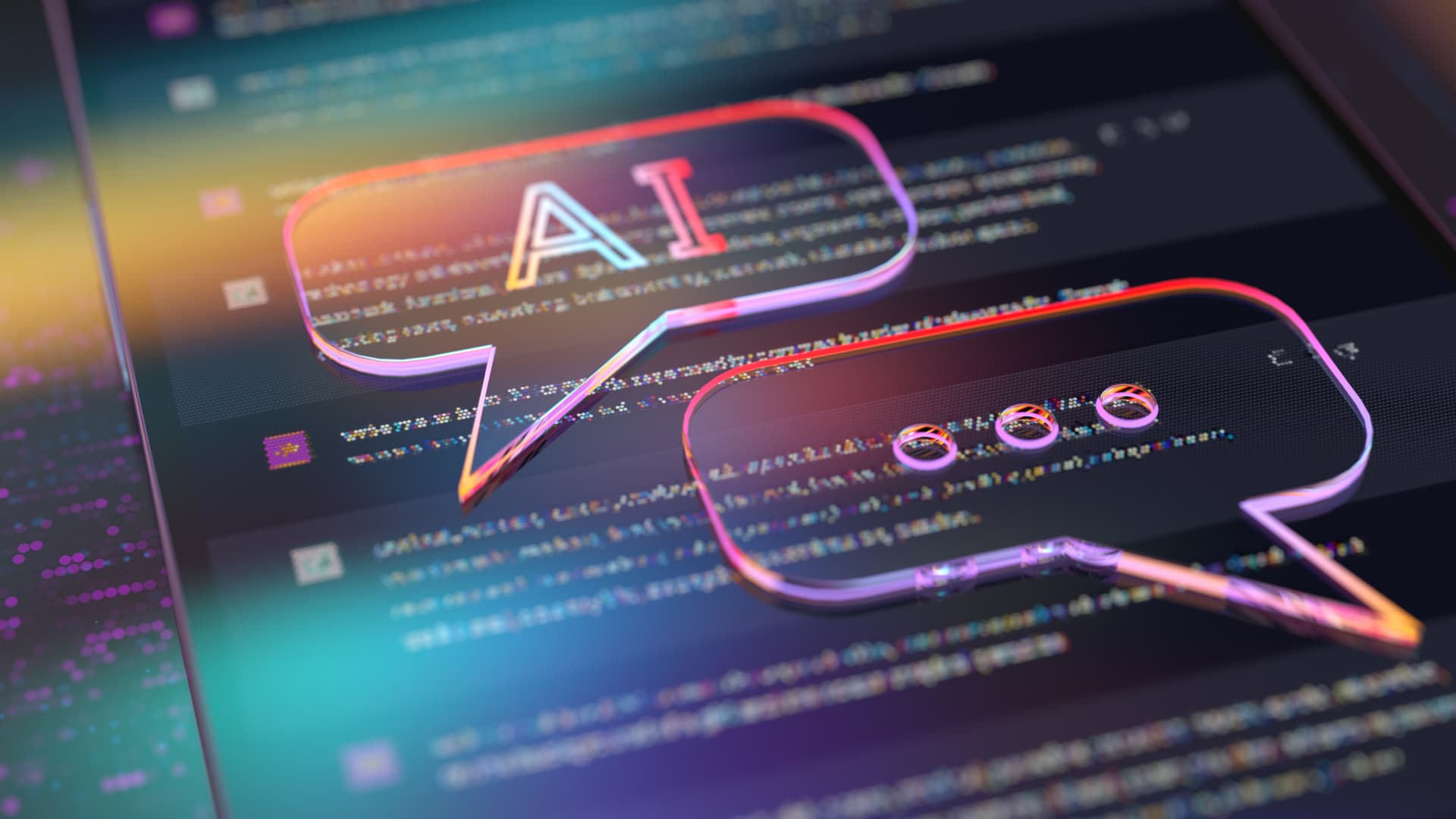Vertigo3d | E+ | Getty Images
The chief technology officer of Ceres Power has warned that as artificial intelligence tools become more widely used for efficiency, there is a risk that this could result in even higher energy consumption.
“What scares me is the energy consumption if you’re using ChatGPT [for simple queries],” Caroline Hargrove said during an “IOT: Powering the Digital Economy” panel on the new energy landscape.
Hargrove is CTO of Ceres Power, a developer of clean energy technology, including electrolysers for green hydrogen.
An International Energy Agency report, published in January, highlighted that on average a typical Google search uses 0.3 watt-hours of electricity versus 2.9 watt-hours for a ChatGPT request.
The report suggested that when this technology is incorporated into 9 billion searches daily, it would require nearly 10 terawatt-hours of additional electricity a year.
More broadly, the IEA’s report said that by 2026, the “AI industry is expected to have grown exponentially to consume at least ten times its [electricity] demand in 2023.”
Hargrove said if this consumption was not managed properly “then the perverse effect could happen that we use so much more energy.”
“So as much as I’m a big fan in using the data to really optimize everything, we should use it to reduce our consumption, but the perverse effect can happen when you have a new toy and, and people getting behind it at [such] a rate,” she said.
‘Responsible users’ of AI
Mary de Wysocki, chief sustainability officer at technology company Cisco, made a similar point in that it was important to be “responsible users of [AI] where we know where can add the benefit and not just use it because it’s potentially fun.”
Meanwhile, Bertrand Piccard, founder and chairman of the environmental non-profit organization Solar Impulse Foundation, said AI is a “fantastic way to reduce energy consumption” if it is well managed.
Piccard referred to the example of smart electricity grids using this technology that “will integrate intermittent renewable energy … with storage, with the distribution, with the consumption which means that almost no energy will be lost.”
“So [these are] the things that give me hope,” he said.
A report by the Climate Action Against Disinformation (CAAD) coalition, published in March, looked at the risks that AI could pose amid the climate crisis, including its growing energy demand.
Based on its findings, the coalition recommended that regulators ensure technology companies are transparent in reporting the energy used and emissions produced by their AI models.
CAAD also said governments should enforce these transparency rules with “clear, strong penalties” if companies fail to comply.

